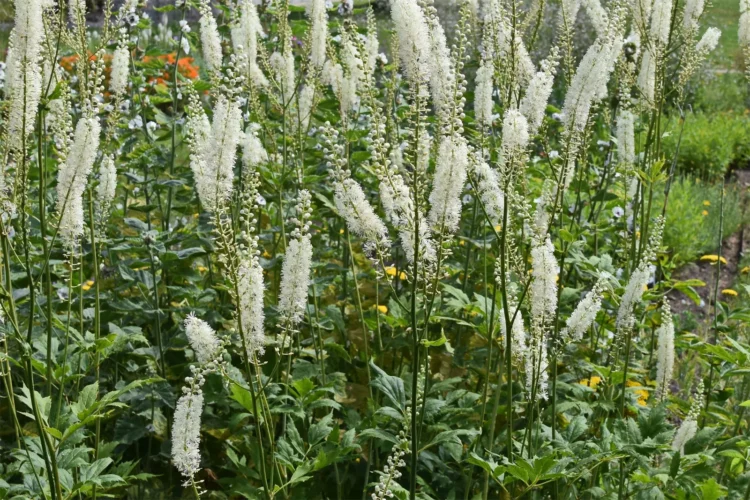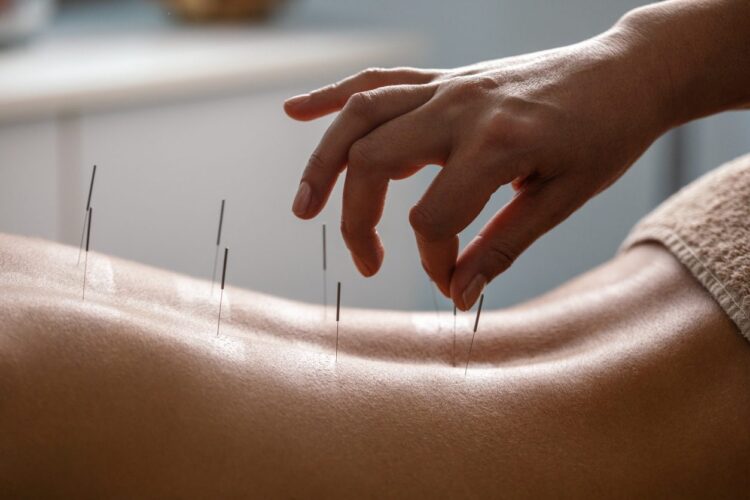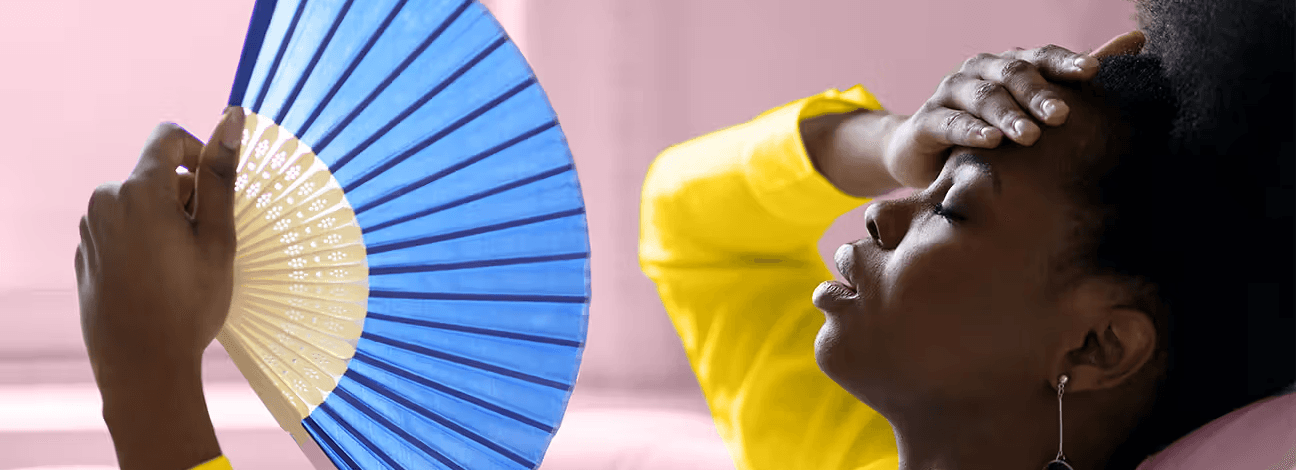Hot flashes are a common and often uncomfortable symptom of menopause and perimenopause, characterized by sudden feelings of warmth, flushing, and sweating, usually centered around the upper body. They can also disturb sleep, affect mood, and decrease overall quality of life. While hormone replacement therapy (HRT) is a common medical approach, many women seek natural remedies to manage symptoms due to health concerns or personal preference.
Here’s a comprehensive look at evidence-backed natural remedies for hot flashes:
1. Herbal Remedies

a. Black Cohosh
Black cohosh is one of the most widely studied herbal supplements for menopause. Some research suggests it may help reduce the frequency and intensity of hot flashes.
How it works: It may act on serotonin receptors or have estrogen-like effects.
Caution: Long-term safety is still unclear, especially for women with liver conditions.
b. Red Clover
Rich in phytoestrogens (plant-based estrogen-like compounds), red clover may mimic estrogen in the body and help balance hormone levels.
Evidence: Studies show mixed results—some women report improvements, while others see little change.
Best for: Mild to moderate symptoms.
c. Dong Quai
Used in traditional Chinese medicine, dong quai is often combined with other herbs. Its effectiveness alone is less proven, and it may increase sensitivity to sunlight or interact with blood thinners.
2. Dietary Adjustments

a. Soy Products
Soy contains isoflavones, which are natural plant estrogens. Regular consumption of soy milk, tofu, tempeh, or edamame may help alleviate hot flashes.
Best for: Women with low dietary estrogen intake.
Note: Whole soy foods are preferred over supplements for safety.
b. Flaxseed
Flaxseed is high in lignans, another type of phytoestrogen. Some women find relief by adding ground flaxseed to their diet.
How to use: 1–2 tablespoons per day mixed into yogurt, smoothies, or oatmeal.
3. Lifestyle Modifications

a. Regular Exercise
Moderate aerobic exercise (like walking, swimming, or cycling) can help regulate body temperature and boost mood.
Bonus: Reduces stress and improves sleep, which can indirectly ease hot flash severity.
b. Stress Management
Practices like yoga, meditation, and deep breathing can lower cortisol levels, which may help stabilize hormonal fluctuations.
Tip: Try a daily 10-minute mindfulness or guided breathing session.
c. Avoiding Triggers
Hot flashes can be worsened by specific triggers such as:
Spicy foods
Caffeine
Alcohol
Hot environments
Tight clothing
Identifying and avoiding these can significantly reduce the frequency of symptoms.
4. Alternative Therapies

a. Acupuncture
Some studies suggest acupuncture may reduce hot flashes and improve sleep. While not effective for everyone, it is generally safe when performed by a licensed practitioner.
b. Cognitive Behavioral Therapy (CBT)
CBT has shown promise in helping women cope with the distress caused by hot flashes, particularly when symptoms are linked to anxiety or sleep disturbances.
5. Hydration and Cooling Techniques

Staying cool and hydrated is essential:
Drink cold water throughout the day.
Use cooling pillows or fans at night.
Dress in layers made from breathable fabrics like cotton or moisture-wicking materials.
Final Thoughts
Natural remedies for hot flashes offer promising relief for many women, especially when combined with lifestyle adjustments and a healthy diet. However, responses can vary greatly between individuals. Before starting any herbal supplement, it’s wise to consult a healthcare provider—especially if you have underlying health conditions or are on medication.
With a bit of experimentation and patience, many women find effective, non-hormonal ways to manage hot flashes and improve their quality of life.

